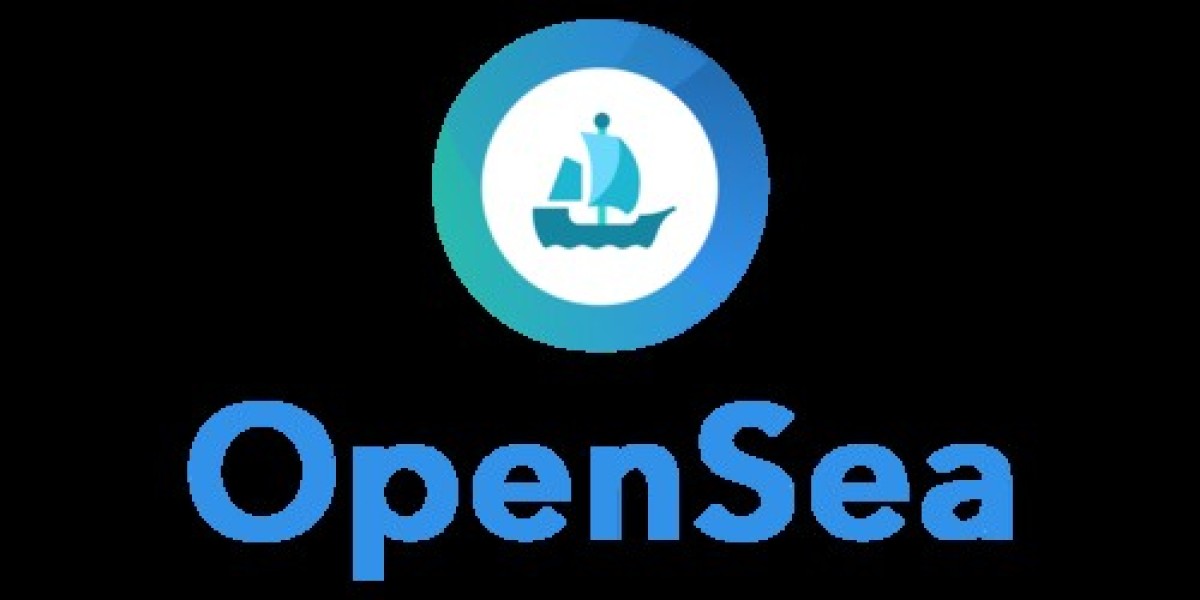Dubai's healthcare sector is at the forefront of innovation, continually striving to improve diagnostic accuracy and patient outcomes. In recent years, innovative biopsy methods have emerged as powerful tools for enhancing diagnostic precision and guiding personalized treatment strategies. This article explores some of the innovative Biopsy for Diagnosis Purposes in Dubai and their impact on diagnostic accuracy.
1. Liquid Biopsy
Overview: Liquid biopsy is a non-invasive technique that involves analyzing circulating tumor cells (CTCs), cell-free DNA (cfDNA), or other biomarkers present in the bloodstream. It offers a minimally invasive alternative to traditional tissue biopsies and can provide valuable insights into the genetic makeup of tumors and their response to treatment.
Uses: Liquid biopsy is particularly useful in monitoring disease progression, detecting minimal residual disease, and identifying targetable genetic mutations in cancer patients. In Dubai, healthcare providers leverage liquid biopsy technologies to tailor treatment plans and monitor treatment response more effectively.
2. Molecular Profiling
Overview: Molecular profiling involves analyzing the genetic and molecular characteristics of tumors to identify specific mutations, gene alterations, and biomarkers associated with cancer development and progression. It provides valuable information for selecting targeted therapies and predicting treatment response.
Uses: In Dubai, molecular profiling is utilized to guide treatment decisions in cancer patients, particularly those with advanced or metastatic disease. By identifying actionable genetic alterations, healthcare providers can recommend targeted therapies that are more likely to be effective, leading to improved patient outcomes and quality of life.
3. Image-Guided Biopsies
Overview: Image-guided biopsies combine advanced imaging modalities, such as ultrasound, computed tomography (CT), or magnetic resonance imaging (MRI), with minimally invasive biopsy techniques to precisely target and sample suspicious lesions or tumors.
Uses: In Dubai, image-guided biopsies are employed to obtain tissue samples from deep-seated or difficult-to-access lesions, such as those in the liver, lungs, or pancreas. By accurately targeting the lesion under real-time imaging guidance, healthcare providers can increase the diagnostic yield of biopsies while minimizing the risk of complications.
4. Robotic-Assisted Biopsies
Overview: Robotic-assisted biopsy systems utilize robotic technology and advanced imaging guidance to perform precise and minimally invasive biopsies with enhanced accuracy and dexterity. These systems allow for greater maneuverability and control during biopsy procedures, leading to improved sampling quality and diagnostic yield.
Uses: In Dubai, robotic-assisted biopsy systems are increasingly used in complex anatomical regions or delicate procedures where traditional biopsy techniques may be challenging or less precise. They enable healthcare providers to perform biopsies with greater confidence and accuracy, resulting in more reliable diagnostic information for patients.
5. 3D-Printed Biopsy Guides
Overview: 3D-printed biopsy guides are custom-designed tools that facilitate accurate targeting of lesions during biopsy procedures. These guides are created based on patient-specific imaging data, allowing healthcare providers to precisely navigate to the desired biopsy site with minimal invasiveness.
Uses: In Dubai, 3D-printed biopsy guides are utilized to improve the accuracy and safety of biopsy procedures, particularly in complex anatomical locations or when targeting small or deep-seated lesions. By optimizing the trajectory of the biopsy needle, these guides enhance diagnostic yield while reducing the risk of complications.
Conclusion
Innovative biopsy methods are revolutionizing the field of diagnostic medicine in Dubai, offering new possibilities for improving diagnostic accuracy, treatment efficacy, and patient outcomes. From liquid biopsies and molecular profiling to image-guided and robotic-assisted biopsies, these advanced techniques are empowering healthcare providers to make more informed decisions and deliver personalized care to patients across the region.








